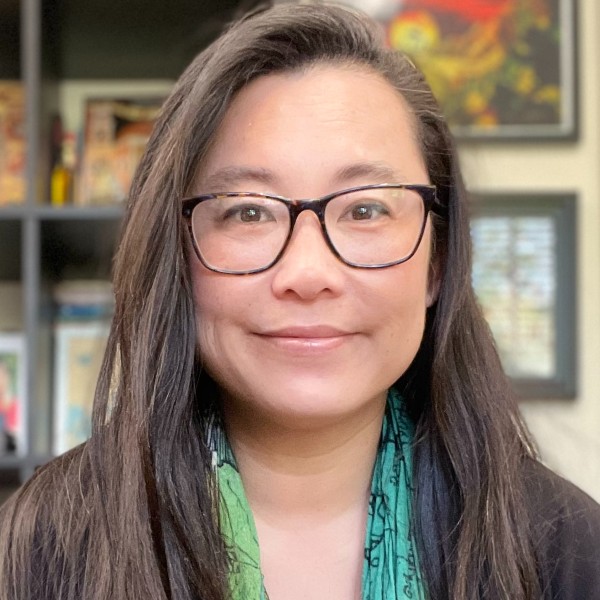Ronald A. Heifetz, co-founder of the Center for Public Leadership at Harvard University’s John F. Kennedy School of Government, is known worldwide for his seminal work on the practice and teaching of leadership
Knowing the difference between adaptive and technical challenges is one of the key tasks of leadership, says Ronald A. Heifetz in an interview with Faith & Leadership.
Ronald A. Heifetz, co-founder of the Center for Public Leadership at Harvard University’s John F. Kennedy School of Government, is known worldwide for his seminal work on the practice and teaching of leadership
Get more stories like this in your inbox every two weeks. The Faith & Leadership newsletter offers stories of hope and practical resources for Christian leaders.
Ronald A. Heifetz has been listening to stories about leadership for more than 25 years. He shares what he’s learned in this keynote address.
Christians can help people of all faiths understand “the nature and practice of love,” says leadership expert Ronald A. Heifetz.
Leadership is dangerous because people resist change, says the co-founder of Cambridge Leadership Associates. But leaders who care about their purpose should face that resistance.
It’s important to recognize that while metrics tell part of a congregation’s story, they cannot measure the stirrings of conviction or the whispers of the Spirit, writes a church leadership consultant.
 Link to author Chris Aho
Link to author Chris Aho
A Scottish pastor facing possible deportation because of a backlog in visas for religious workers reflects on leading a congregation amid deep personal uncertainty.
 Link to author Gary D. Noonan
Link to author Gary D. Noonan
The unfreeze, change, freeze model, developed in the 1940s, is a practical way for predominantly white workplaces to embrace and implement cultural change.
 Link to author Kenneth Young
Link to author Kenneth Young
Celebration and imagination fuel resilient, faithful leadership, writes a director of programs and grants for Leadership Education at Duke Divinity.
 Link to author Elizabeth Tamez Méndez
Link to author Elizabeth Tamez Méndez
Instead of being driven by efficiency and urgency, what if we slowed down and made space for transformation? writes a PCUSA minister.
 Link to author Mihee Kim-Kort
Link to author Mihee Kim-Kort
Intentional listening is a form of spiritual discernment that helps us co-create with one another and with God.
 Link to author Elizabeth Tamez Méndez
Link to author Elizabeth Tamez Méndez

The Congregational Resource Guide (CRG) is an online tool designed to help leaders of all congregations find the right resources to address their unique challenges and needs. Funded by Lilly Endowment Inc., the CRG is a program of the Center for Congregations.
Learn more